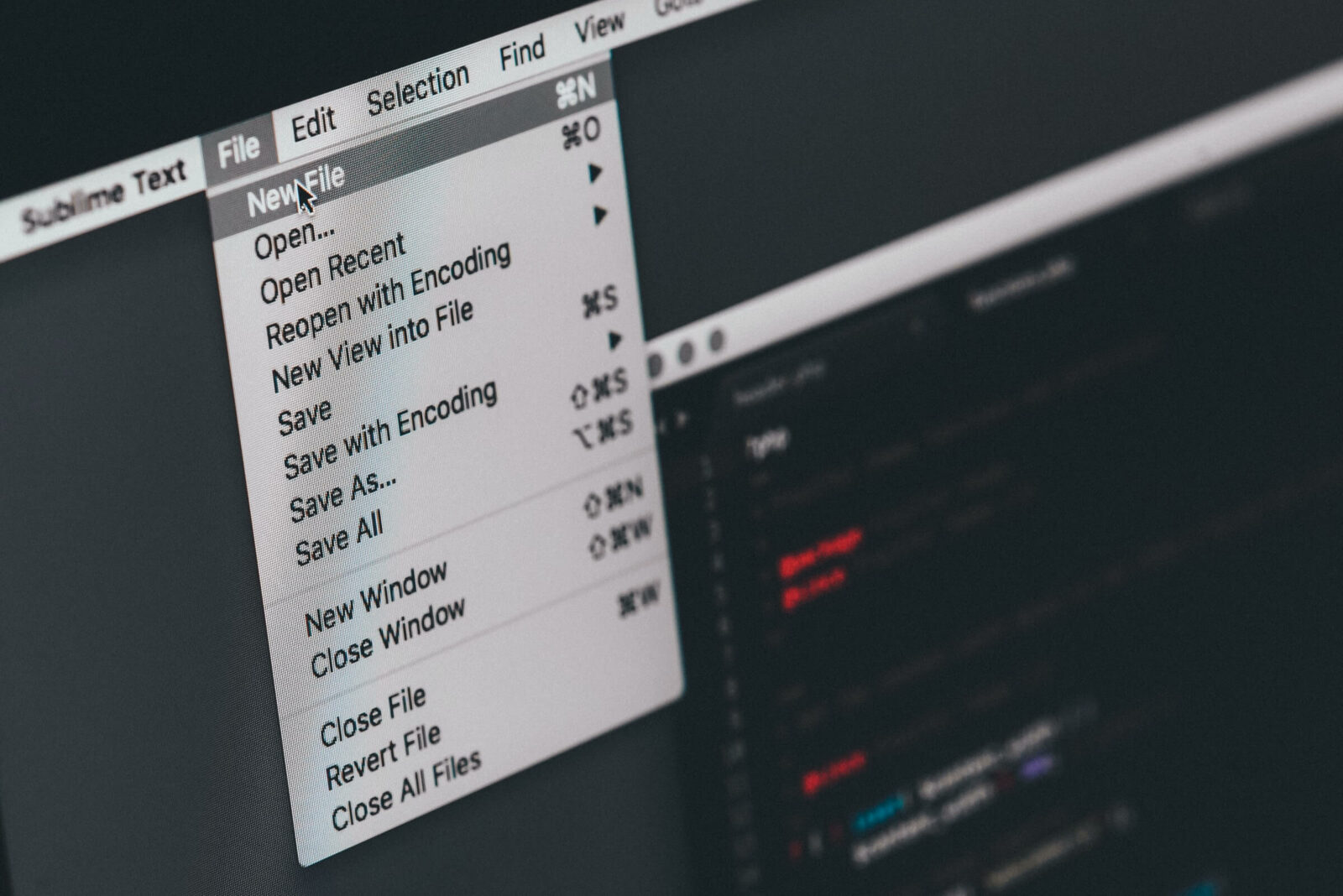The Real Difference Between .wav and .mp3 Files

How to Solve The Creator’s Dilemma: WAV v.s. MP3
If you’re considering which file type to record your podcast or album as, congrats! You’re thinking ahead and trying to make the best choice today that’ll help you in the future, which shows forethought and a desire to be prepared. You’re well on your way to creative glory. Probably.
Ok so: what’s the difference between an MP3 and a WAV file for a song or podcast?
Short answer: WAV files are way larger and offer a purer, higher quality audio experience, which is something that can be important when making a song or podcast.
How much smaller are MP3 files compared to WAV files? MP3s are compressed down to about 1/10th the size of an WAV, and they degrade in quality the more they are copied or compressed, but they’re extremely easy to send and receive, and the size difference alone is a reason for many people to choose to use MP3s.
So is a WAV bigger than an MP3? Definitely yes. Is the quality difference worth dealing with the size? Meh. For most people, it’s difficult to tell the differences between the file types on sound alone, though some claim they can.
When to use a WAV instead of a MP3 file:
If you’re not satisfied with the short answer, here’s the longer one. There are a couple of variables to consider when choosing which file type to use for your podcast.
File Size:
If you are limited in your upload/download speeds or volumes by whatever podcasting service you are using, that might be the end of the conversation right there. If you can’t get a 15 minute WAV file uploaded without paying for a premium upgrade, you need to use an MP3.
But, the easiest thing you can do if you’re still not sure is test: make two versions of a podcast episode (it doesn’t have to be a full episode, maybe just a 5 minute bit) and compare the two. Or better yet, ask someone to compare both and then see if they can tell a difference. If they can’t, well, use whichever file type is easier for you.
Audio Quality:
WAVs are better quality (and larger files because of that) but the quality difference between an MP3 and a WAV is extremely difficult for the average person to discern, especially if their speakers are sub-par. Conversely, if they’re listening via headphones or a nice set of Bose over-ear speakers, they might be able to hear the paper rustle and the heating kick on in the other room.
When it comes to something like a voice or background music, the difference between an MP3 and a WAV file can be so minimal as to not exist. However when the focus is just on the music, the complex blending of vocals, multiple instruments, percussive devices and synthetic audio effects, the quality differences in the file types can become more obvious and significant.
Likely you’re an audiophile and not average when it comes to sampling audio, but your audience might not be as discerning as you (and they might not notice when you use one file type over another).
If you value quality so highly that dealing with the increased size isn’t a big enough issue to steer you away from an MP3, then Bob’s your uncle and you know what to pick.
Ease of Sharing:
Because a WAV is so much bigger than an MP3, sharing the file with other collaborators can be difficult and time consuming. If you plan to (or already are) work with a socially distanced group and won’t be passing thumb drives around, forcing everybody to wait on a WAV’s upload time can be a pain, particularly if your internet service is slow.
If you are podcasting with a group, working with an editor or collaborating with more than one person, you might want to stick to the MP3 file because it’s smaller and easier to email.
Files, Files, Everywhere
So, if you’re still not sure by the end of this one which file type to use, choose the one that’s native to the software you’re using to record your podcast. If you notice an issue with that, switch it up! But don’t feel like you need to re-encode and compress your audio just because you read that it was a good idea online; use your own ears to decide which file works best for your project.
